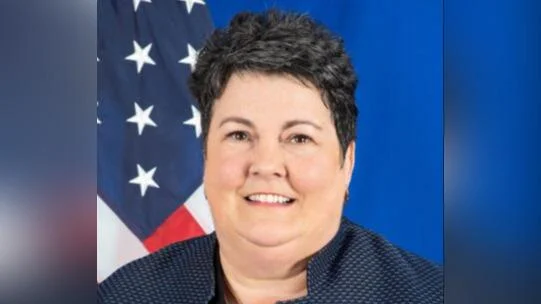Thank you for inviting me to join today’s opening of the African Regional Intellectual Property Enforcement Workshop, sponsored by the U.S. Patent and Trademark Office. The protection and enforcement of intellectual property right law and policy are increasingly important in today’s global economy—both to foster innovation and, more importantly, to protect consumers.
"We can all think of cases where ingenious inventors, entrepreneurs, artists, and performers, through the marketing of their products, transformed a society into an economic success story," stated Melinda Tabler-Stone during her opening remarks at the workshop. She emphasized that effective intellectual property laws are essential for protecting and promoting these efforts.
Tabler-Stone highlighted that having a legal framework is only the beginning; creators need adequate enforcement to ensure their rights are protected. She cited Ghanaian entrepreneur Shirley Frimpong-Manso as an example. "Shirley has received global praise for bringing strong, fully formed female characters to the screen," she noted. Frimpong-Manso relies on intellectual property laws for financing future projects through lawful sales.
Another example mentioned was Danadams Pharmaceuticals in Ghana, which seeks WHO prequalification while adhering to strict guidelines in pharmaceutical production. They depend on intellectual property enforcement not only for market protection but also to safeguard customers from counterfeit products.
"IPR enforcement also serves as an important tool to improve national and regional competitiveness of businesses resulting in new job creation, economic growth, and societal development," Tabler-Stone added. She stressed that balanced enforcement mechanisms ensure rights holders and society benefit from the intellectual property system.
She pointed out that robust national IPR enforcement can attract foreign direct investment since investors avoid markets lacking adequate IP protection. "We want the creators of these technologies and content to be present in Ghana and other African nations," she said.
The workshop aims to provide insights into basic IP protection, enforcement techniques against counterfeiting medicines, and offers participants a chance to share experiences with each other. "I believe that sharing information in this type of collaborative environment can lead to improved approaches," she concluded.
Tabler-Stone expressed hope for continued dialogue on intellectual property matters beyond the program's conclusion.
###

